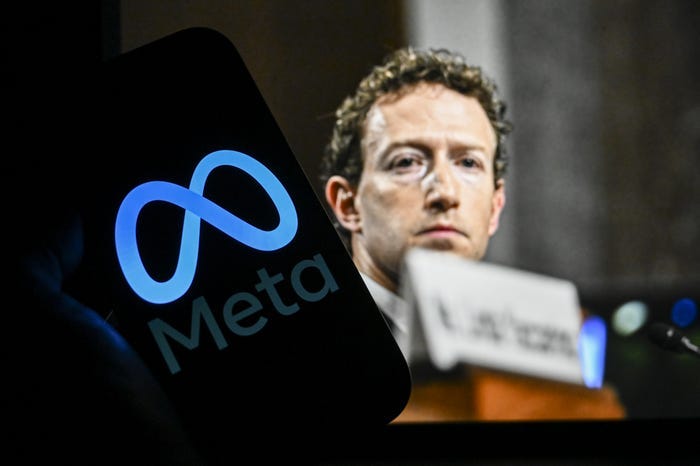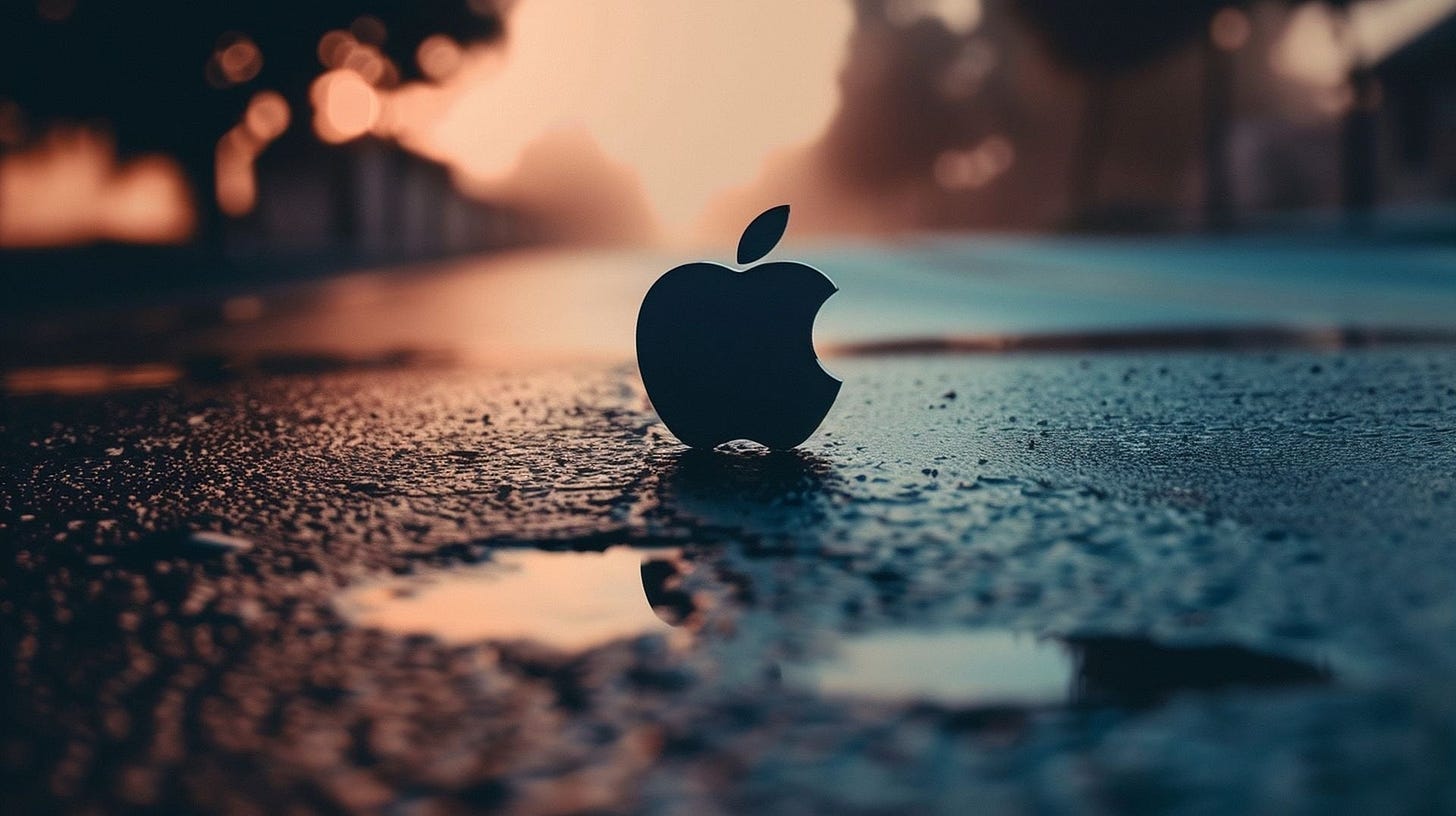
AI: More CEOs seeing AI as a 'Hammer for most Nails'. RTZ #907
The Bigger Picture, November 16, 2025
As the expression goes, “if the only tool you have is a hammer, to treat everything as if it were a nail.”
This needs to be kept in mind especially in this frenetic, circular, and all consuming AI Tech Wave. Especially given the almost universal, global conviction amongst corporate and government leaders the world over, that ‘AI is the most important, next major tech innovation, akin to the printing press, the railroad, telecoms, the computer, etc. etc…” Or words to that effect. That ‘groupthink’ conviction is a double-edged sword, and that is the Bigger Picture I’d like to discuss this Sunday.
This point came up for me this weekend especially after seeing this Business Insider piece titled “Meta is about to start grading workers on their AI skills”:
“Meta will assess employee performance by AI-driven impact starting in 2026.”
“The company is shifting toward an AI-native culture and incentivizing AI adoption through rewards.”
“Meta is also rolling out an AI tool to assist employees in writing performance reviews.”
“The social media giant is making “AI-driven impact” a “core expectation” from 2026, Janelle Gale, Meta’s head of people, told employees Thursday in an internal memo, which was seen by Business Insider.
“Meta will assess employees on how they use AI to deliver results and build tools that can move the needle in a major way when it comes to productivity.”
“A Meta spokesperson referenced an earlier statement made to Business Insider on AI adoption: “It’s well-known that this is a priority, and we’re focused on using AI to help employees with their day-to-day work,” a Meta spokesperson told Business Insider.”
And it’s this laser focused not just amongst Big Tech CEOs. As Business Insider notes in a separate piece on businesses in general, “87% of execs are using AI on the job, compared with just 27% of employees”:
“Executives are rapidly adopting AI, with 87% using it at work, according to a new study.”
“The findings, however, suggest that managers and employees are less enthusiastic about the technology.”
“The gap in AI adoption has created tension in some workplaces.”
“A new global study shows that AI adoption varies by seniority, with 87% of executives using it on the job, compared with 57% of managers and 27% of employees. It also finds that executives are 45% more likely to use the technology on the job than Gen Zers, the youngest members of today’s workforce and the first generation to have grown up with the internet.”
“The findings are based on a survey of roughly 7,000 professionals age 18 and older who work in the US, the UK, Australia, Canada, Germany, and New Zealand. It was commissioned by HR software company Dayforce and conducted online from July 22 to August 6.”
“That kind of division extends beyond the office. Outside of work, executives are still the most active adopters of AI, the Dayforce study found, with 85% stating they use it in their personal lives, versus 67% of managers and 49% of workers.”
“This means that the people at the top of the org chart are experimenting with AI in their daily lives at almost twice the rate of people who carry out organizations’ day-to-day work, Dayforce said.”
As a management and motivation exercise, I understand and appreciate this attempt at permeating this AI focus wide and deep across businesses of all types and sizes.
And of course within Meta’s workforce. Especially given Founder/CEO Mark Zuckerberg’s immense investments in all things AI (data centers, models, talent etc.), to the tune of almost a hundred billion dollars this year, and over half a trillion in a short number of years to come.
And as I described a few days ago, Meta’s decision to not heed its soon to be former Chief AI Scientist Yann LeCun that LLM AI models may NOT be the way to AGI and AI Superintelligence.
The new senior AI management team around ‘Zuck’ seems convinced otherwise, and they’re leaning in hard on that conviction. As the Business Insider article goes onto emphasize:
“The move marks a broader shift within corporate America toward an AI-native culture. Big Tech firms, including Microsoft, Google, and Amazon, are pushing employees to do more with AI. The directives given to workers have been unified and clear: using it is “no longer optional,” as one Microsoft executive put it to managers in June. Google CEO Sundar Pichai had a similar message for employees in a July all-hands meeting, telling employees they need to use it for Google to lead the AI race.”
I’ve discussed this in detail in recent pieces on Microsoft, OpenAI, Google, Amazon, Nvidia, Elon’s Tesla/xAI, and others.
That their currently unshakable conviction from the top down that AI is the top, if not only priority to focus on for this multi-trillion dollar empires.
All the Big Tech incumbents have deeply learned the lessons of not taking new tech waves seriously enough in prior circles.
It’s almost a universal conviction amongst their leaders that they need to be more ‘Native AI’, First Principles thinking than AI Native startups that may otherwise usurp their positions.
The only Mag 7 that seems more relaxed about the whole AI thing from the outside is Apple.
And I’ve discussed how they’re likely smart to wait and see how these early LLM AI efforts pan out, and leverage their platform and ecosystems as a gateway to distribution and marketing, when AI applications and services develop beyond chatbots.
But the current ‘to a hammer the world looks like a nail’ adage is important to keep in mind. Especially given these earliest of days of this AI Tech Wave.
It’s a Bigger Picture that may be more important than debating if this AI thing is a Bubble or not.
And be more flexible in our thinking beyond AI technologies as they stand today. Stay tuned.
(NOTE: The discussions here are for information purposes only, and not meant as investment advice at any time. Thanks for joining us here)










